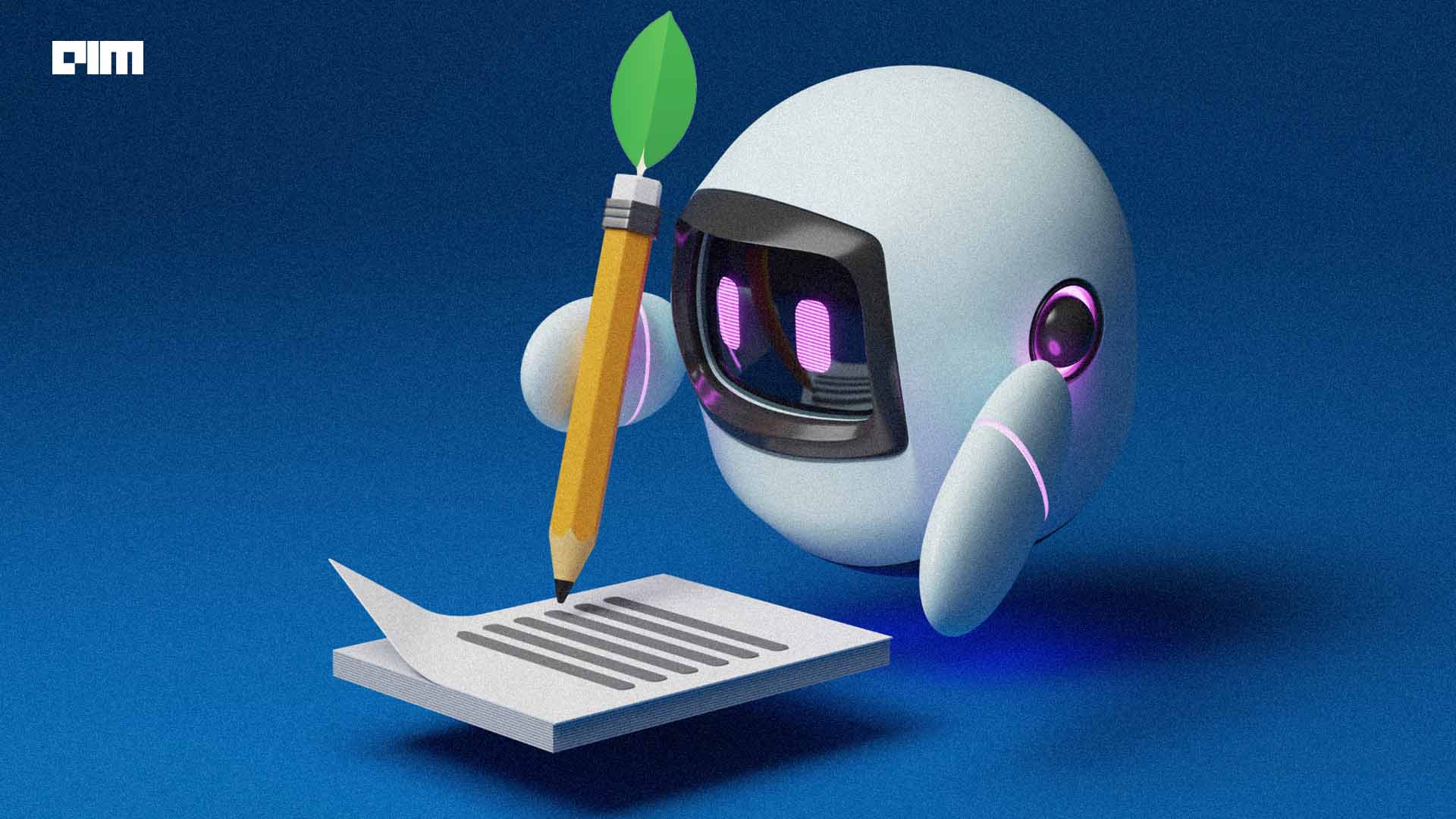|
Listen to this story
|
Hallucinations have been a long-standing and inevitable problem for LLMs. Researchers have delved into the AI black box to rummage for the reasons and ultimately find a solution, but in vain. However, when they looked outside, they found that vector databases could help reduce the risk of hallucination.
“Pairing vector databases with LLMs allows for the incorporation of proprietary data, effectively reducing the potential range of responses generated by the database,” said Matt Asay, VP, Developer Relations, in an exclusive interaction with AIM at the recently concluded Bengaluru chapter of their flagship event MongoDB.local.

Yes, hallucinations can be controlled through this method. By introducing proprietary data, developers can narrow down the pool of possible responses, significantly reducing the likelihood of hallucinations. However, it was noted that this process required active programming efforts, but platforms like MongoDB simplified the incorporation of proprietary data into vector databases.
MongoDB’s vector search capabilities are driving generative AI by transforming diverse data types like text, images, videos, and audio files into numerical vectors, simplifying AI processing and enabling efficient relevance-based searches. MongoDB Atlas with vector search ensures precise information retrieval and personalisation with dedicated resources for enterprise-scale search workloads.
“While generative AI is important, it’s just one aspect of a broader AI ecosystem where vectors are pivotal,” said Asay. He highlighted that MongoDB’s features, such as the need for streaming data, contribute to the development of smarter applications.
Meanwhile, AIM also caught up with Sachin Chawla, VP of India and South Asia.

Vectors: Many Problems, One Solution
Vectors play a pivotal role in numerically representing objects and features that were traditionally challenging to store in databases. To facilitate the development of AI applications, Matt explained that they are providing developers with tools to work with vectors, search indexes, metadata, operational data, and documents, all on one unified platform.
“We aim to make AI more accessible and approachable for developers, bringing together various data types into a unified platform. This unification is intended to lower the barrier to entry and support developers in building innovative AI applications, aligning with the increasing industry focus on AI development,” said Chawla.
MongoDB for Low Resource Languages?
Recently, Indian IT giant Tech Mahindra introduced Project Indus, a new LLM for Indic languages. While a majority of AI models like GPT primarily operate in English, the support for regional languages is quite limited. To truly democratise AI in India, native language accessibility is indispensable. Project Vaani, Project Bhashini, KissanAI, and Jugalbandi are all efforts in this direction. However, there remains immense language data challenges, including the scarcity of diverse and comprehensive datasets, especially in spoken languages.
Discussing its potential use in tackling language barriers for AI models, Asay agreed that MongoDB could indeed handle the vectorisation and storage of Hindi language data. However, he also emphasised that the fundamental issue at hand was the scarcity of language-specific data. MongoDB’s role primarily lay in providing efficient querying and storage capabilities but didn’t directly address the challenge of insufficient language-specific data.
Automobiles Find their Moat in MongoDB
MongoDB plays an important role in the automotive industry by facilitating innovation and enhancing competitiveness. Through MongoDB, manufacturers like Toyota, Volvo and Bosch Digital leverage IoT technologies, such as condition monitoring sensors, to expedite informed decision-making. This real-time access to data fosters seamless collaboration among teams, expediting the innovation process.
“Vectorisation plays a crucial role in diagnosing vehicle problems based on engine sounds. This task has always been quite challenging for traditional relational databases,” said Asay.
MongoDB’s Atlas Vector Search transforms sound into queryable data, enabling precise diagnostics. Moreover, repair manuals are similarly vectorized to offer solutions for identified problems. This innovative approach extends to startups utilising vectorisation to gauge customer sentiment by processing support call transcripts. Overall, MongoDB empowers automobile manufacturers to seize significant opportunities for groundbreaking products and services, enabling them to remain at the forefront of their industry.
India as a Market
MongoDB has achieved significant popularity in India, with a rapid customer acquisition rate of about two-and-a-half customers per day in India with over 3100 customers. Hundreds of thousands of MongoDB University registrations are currently from the country.
“The platform has gained widespread adoption in the Indian startup ecosystem, spanning sectors like fintech, healthcare, edtech, and more. Our focus areas in India include startups, ISVs (Independent Software Vendors), and large enterprises,” said Asay. Some prominent Indian customers include Zomato, Cure.fit, Vedantu, and myBillBook. Additionally, MongoDB serves traditional and legacy companies, emphasising the advantages of its document data model, which offers flexibility for developers and scalability, setting it apart from conventional SQL databases.
Besides, MongoDB has launched the Academia Program in India in partnership with ICT Academy, a non-profit initiative of the Government of Tamil Nadu and India, to narrow the technology skills gap. “Finding and retaining skilled developers is a challenge. There is an urgent need to provide training and resources to address this issue,” said Chawla. The program’s objective is to train 500,000 students and 1,000 educators through collaboration with more than 800 educational institutions across India. The program provides free MongoDB Atlas credits and certification courses to validate skills for future employment.
Read more: What’s Brewing after Temenos Partners with MongoDB?











































































